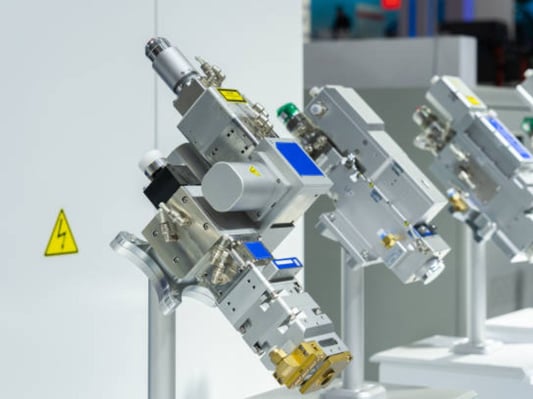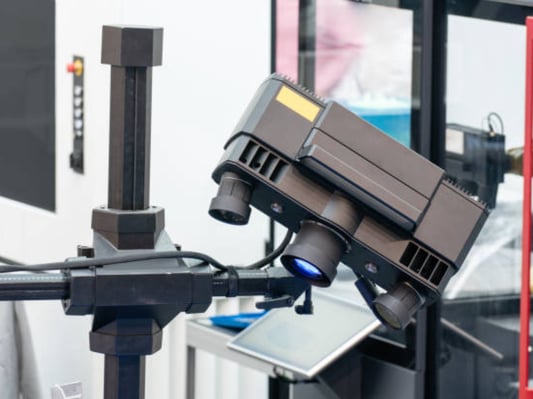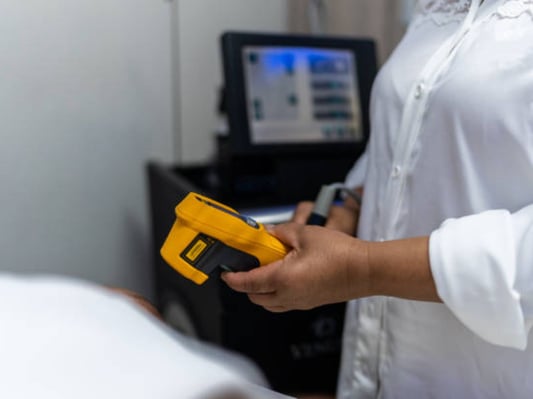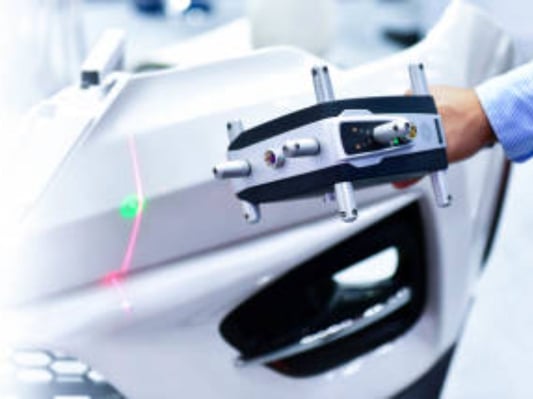What is a handheld vibration analyzer?A handheld vibration analyzer is a portable device that is used to measure vibration levels and frequencies in various mechanical systems. It is commonly used in industrial, manufacturing, and maintenance fields to detect any faults or irregularities in machinery before they cause major problems.How Does a Handheld Vibration Analyzer Work?A handheld vibration analyzer works by measuring the vibrations of a system and converting them into electrical signals. These signals are then analyzed and displayed on the device's screen in the form of a waveform or frequency spectrum. With this information, technicians can quickly identify any vibrations that fall outside the normal range and take appropriate action to prevent further damage.Advantages of a Handheld Vibration AnalyzerThere are many advantages to using a handheld vibration analyzer, including:Improved machine performance and reliabilityReduced maintenance costs and downtimePrevention of catastrophic machine failuresFaster and more accurate diagnosis of problemsEasy to use and portableNon-invasive and non-destructiveApplications of a Handheld Vibration AnalyzerA handheld vibration analyzer can be used in a wide range of applications, including:Power generationOil and gasAerospace and defenseAutomotiveManufacturingMiningPharmaceuticalsFeatures to Look for in a Handheld Vibration AnalyzerWhen choosing a handheld vibration analyzer, it's important to consider the following features:Accuracy and resolutionFrequency rangeData storage and analysis capabilitiesBattery life and durabilityUser interface and ease of useSoftware compatibilityHow to Use a Handheld Vibration AnalyzerUsing a handheld vibration analyzer is a straightforward process that involves the following steps:Choose the appropriate sensor for the jobAttach the sensor to the machine being testedTurn on the analyzer and select the appropriate settingsPlace the sensor on the machine and begin the testReview the vibration measurements and analyze the dataConclusionA handheld vibration analyzer is an essential tool for anyone who works with mechanical systems. By detecting and diagnosing vibration problems early, technicians can save time, money, and potentially prevent catastrophic machine failures. With proper use and maintenance, a handheld vibration analyzer can be a valuable asset to any organization.handheld vibration analyzer, vibration levels, mechanical systems, machine performance, maintenance costs, catastrophic machine failures, accurate diagnosis, non-invasive, non-destructive, power generation, oil and gas, aerospace and defense, automotive, manufacturing, mining, pharmaceuticalsDiscover the Benefits of a Handheld Vibration Analyzer: An In-Depth GuideDiscover the benefits and applications of a handheld vibration analyzer in this informative guide. Learn what features to look for and how to use this essential tool for detecting and diagnosing vibration problems in mechanical systems.Quote InquiryContact us!










